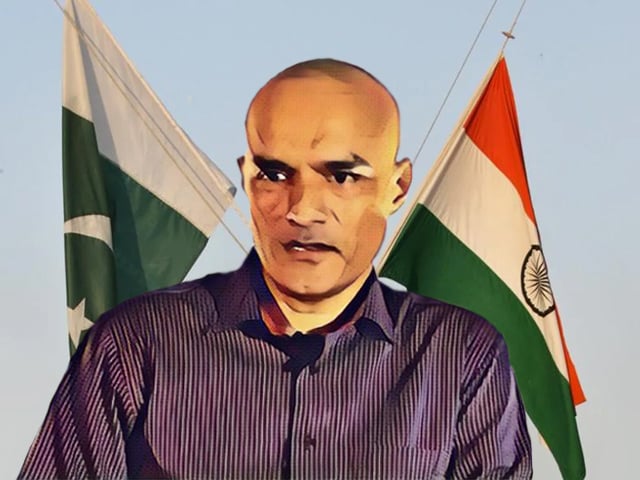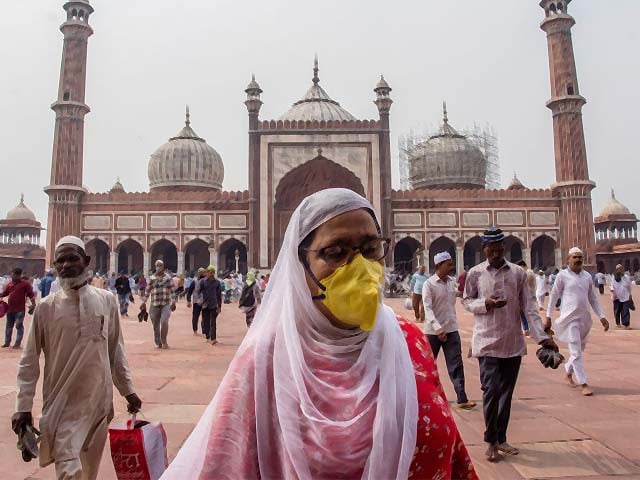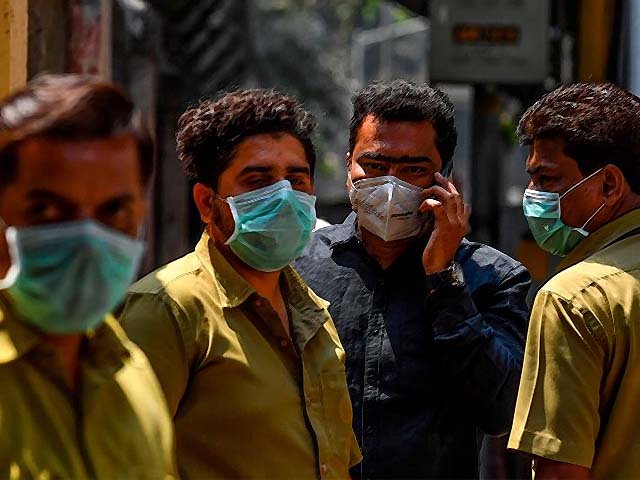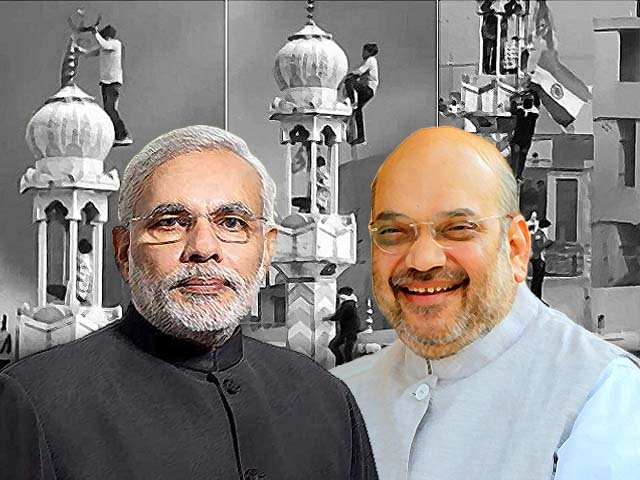
It’s not Jadhav who is in prison; the subcontinent is the prisoner of paranoia
If anyone thought that India and Pakistan’s reaction would have been different had the verdict in the Kulbhushan Jadhav case been different than what it is, then they are being delusional about the postmodern history of the Indian subcontinent. We are now conditioned to react without thinking. Both of us derive pleasure in humiliating each other – be it on the sports field or in the arena of politics.
Newspapers on both sides of the border painted their pages with the titles that suited their national interests. Indian media celebrated the verdict in the same way they did when Prime Minister Narendra Modi won his second term in office.
We welcome today’s verdict in the @CIJ_ICJ. Truth and justice have prevailed. Congratulations to the ICJ for a verdict based on extensive study of facts. I am sure Kulbhushan Jadhav will get justice.
— Narendra Modi (@narendramodi) July 17, 2019
Our Government will always work for the safety and welfare of every Indian.
Appreciate ICJ’s decision not to acquit, release & return Commander Kulbhushan Jadhav to India. He is guilty of crimes against the people of Pakistan. Pakistan shall proceed further as per law.
— Imran Khan (@ImranKhanPTI) July 18, 2019
It is surprising that Indian Leftists, self styled Liberals & Islamist journalists have not yet said that India suffered a severe setback at the International court of Justice in the Jadhav case , quoting from newspapers & reports across the border- ignoring the 14-1 verdict !! pic.twitter.com/5O8w2xmWal
— Shyam Prasad Rao (@ShyamPrasadRao1) July 18, 2019
New Delhi claimed that it had won a major victory after the International Court of Justice (ICJ) granted Jadhav, who has been languishing in jail in Pakistan for more than two years, access to an Indian consular. The ICJ also ordered Pakistan to review the death sentence granted to Jadhav by a military court. Those in India see this decision as a major slap in the face for Pakistan.
On the other hand, Islamabad feels vindicated because the ICJ has not questioned their legal process and nor did they call for the release and repatriation of Jadhav as India had hoped. Pakistan derives satisfaction from the fact that the court has not challenged the merit of the charges levied against Jadhav. The establishment in Pakistan therefore feels that the verdict lends credibility to the charges Jadhav faces.
Commander Jadhav shall remain in Pakistan. He shall be treated in accordance with the laws of Pakistan. This is a victory for Pakistan. #KulbhushanVerdict
— Shah Mahmood Qureshi (@SMQureshiPTI) July 17, 2019
Now that the dust is settling down after the verdict, one big question still remains: will Pakistan and India now engage in talks or not?
Amidst all the drama and jingoism, we forget one thing: it’s not only Jadhav whose fate hangs in the balance, it’s the people of the subcontinent who are under trial. They have become prisoners of paranoia. Paranoia not only grips politics but is also fermented and disseminated by the media. Newspapers and television stations avoid engaging in a more nuanced debate, as is evidenced by the ruckus which erupted on both sides of the border following the ICJ’s vedict.
We in India blame Pakistan for blockading the path to peace and our neighbours blame us for being intransigent. This cycle has been repeating itself tirelessly. Given that Jadhav’s future is still uncertain as both nations jostle to one up each other, one can expect this cycle to continue.
The political atmosphere that has come to grip the largest democracy in the world abhors the word 'peace'. It believes in violence and chaos, and the civil society, to a great extent, has been coaxed into silence. There was some hope that after the election, Indian leadership would demonstrate greater wisdom and foresight and engage in dialogue with Pakistan. Months have passed but there is still no indication of this. A concerted campaign is underway that wants to tell Indians that the nation can do without peace with Pakistan. Foreign policy experts and opinion makers who are given a platform by the media spread this delusion.
Ultimately, this is about more than the Jadhav case. How long will peace be at the mercy of India’s ego? However, undoubtedly, Pakistan needs to be held accountable for its terror financing and not taking a tougher stance against some of the big names India claims are involved in terror activities in the country, such as Hafiz Saeed.
After a ten year search, the so-called “mastermind” of the Mumbai Terror attacks has been arrested in Pakistan. Great pressure has been exerted over the last two years to find him!
— Donald J. Trump (@realDonaldTrump) July 17, 2019
Given today’s geo-political reality, New Delhi cannot think of persisting with a hands-off approach towards Pakistan. The Afghanistan peace process is in a crucial stage and the war-torn state cannot be stabilised unless New Delhi and Islamabad demonstrate some trust and vision. India is holding true to the false notion that by piggybacking on America’s back, it can increase its influence in Afghanistan. The key to peace in Afghanistan lies in peace between India and Pakistan.
This is also the time to test the sincerity of Pakistan’s leadership. Imran Khan has been sending overtures of peace ever since he assumed office late last year. New Delhi has not reciprocated the gesture. This hard-line political discourse in India is depriving South Asia of some much needed political stability.
Instead, we are creating a generation of radicalised individuals, averse to the language of empathy and peace. They are fed the idea that only muscular politics can serve India’s interests and soft power diplomacy is not the way forward. This mindset is also reflected in New Delhi’s policy towards Kashmir.
The Jadhav episode and the recent judgement can redefine the contours of Pakistan and India’s relationship in the subcontinent if both nations approach the issue with a cool head.
Imran enjoys a great deal of goodwill among a strong section of Indians and many believe that India should engage in dialogue. His decisions to release Hamid Nihal Ansari and Indian pilot Abhinandan Varthaman two days after his capture added to his reputation in India. Therefore, the manner in which he handles the Jadhav case could potentially bolster his reputation in India.
If Imran and Modi wish to carve out a more prosperous future for the people of the Indian subcontinent, they must first unshackle themselves from the baggage of our history. As both sides scramble to claim victory after the ICJ’s verdict, the fate which awaits Jadhav could be the crucial linchpin which dictates the policies of Pakistan and India going forward. Let’s hope that in the end better sense prevails.




COMMENTS
Comments are moderated and generally will be posted if they are on-topic and not abusive.
For more information, please see our Comments FAQ